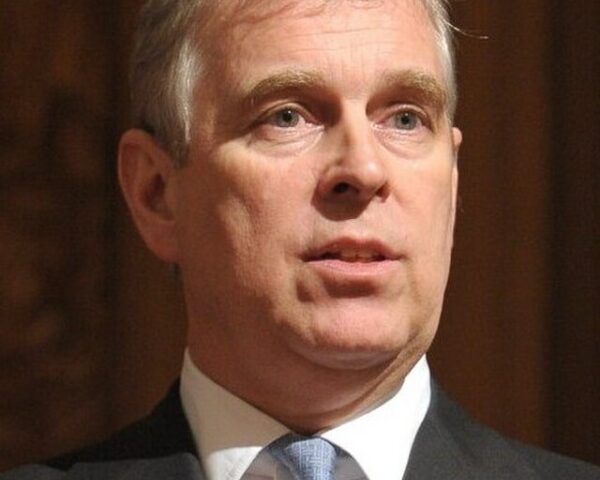Treasury Secretary Scott Bessent used a Sunday appearance on CNN’s State of the Union to spotlight what he called the Trump administration’s “under-the-radar” spending cuts, crediting them with stabilizing the economy during the ongoing government shutdown.
Pressed by host Jake Tapper about the Federal Reserve’s recent quarter-point rate cut to a 3.75%–4% target range, Bessent said fiscal restraint was helping offset risks tied to slower growth. “I believe that we are in a transition period here,” he said. “As we are seeing, the Trump administration has cut back on government spending, Jake. What has gone unnoticed during the shutdown is, for the fiscal year that ends September 30th, the government spent less than it did the year before.” He added that the deficit-to-GDP ratio had fallen from roughly 6.5% to 5.9%.
Bessent argued that lower federal spending should make it easier for the Fed to continue easing. “So we are bringing down government spending and I would think that the Fed would want to assist with that,” he said, citing a Massachusetts Institute of Technology study that found “42% of the great inflation of 2022 came from excess government spending.”
The remarks came amid persistent friction between the White House and the central bank, writes The Daily Caller. Trump has repeatedly pushed for faster rate cuts, while Fed Chair Jerome Powell has warned against political pressure and blamed trade policies for earlier delays in easing.
Bessent also pointed to work by the new Department of Government Efficiency—known as DOGE—which he said helped cut about $214 billion in federal spending, or roughly $1,329 per taxpayer.
Asked whether holding off on further rate cuts could spark a downturn, Bessent acknowledged that some sectors were already struggling. “I think that we are in good shape, but I think that there are sectors of the economy that are in recession,” he said, naming housing as the most vulnerable. “We’ve seen the biggest hindrance for housing here are mortgage rates. So if the Fed brings down mortgage rates then they can end this housing recession.”
Bessent added that higher rates have hit lower-income households hardest. “Low-end consumers who have gotten killed under President Biden, these high rates are hurting them because they have debt, not assets,” he said.
His appearance signaled confidence that spending cuts, rather than new stimulus, could guide the economy through the shutdown’s uncertainty—even as he pressed the Fed to do its part.
[Read More: Latest Chinese Secret Weapon Revealed]










